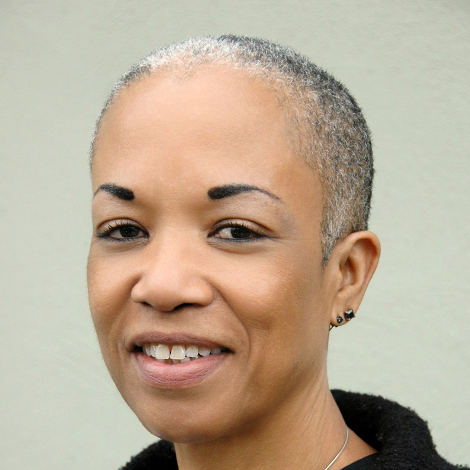Day 4 of the First 100 Days
Administration of the 45th President of the United States of America
_ _ _ _ _ _ _ _ _ _ _ _ _ _ _ _
Friends of the Great Transition,

Global society has come unhinged from its political, socioeconomic, and ecological reality-moorings as we’ve known them. We’re in the whitewater rapids of what could be a downward spiral toward system collapse, and/or the brink of an unprecedented opportunity for the evolution of human consciousness. In both cases we’re headed into uncharted waters. Let’s work smart, work together, and view whatever lies ahead as a pathway to deeper understanding.
The inauguration of the 45th President of the United States is four days behind us. The inauguration optics went a long way toward normalizing the surreal. We have choices.
Let us STAY AWAKE, and determine NOT to normalize the continual distortion of reality and erosion of rights.
Do Something!
Be part of an Indivisible movement chapter: Here’s a practical guide on how to resist the new administration’s agenda, with lessons from the Tea Party, put together by former progressive Congressional staffers: https://www.indivisibleguide.com
Monitor the issues you personally focus on. Communicate and share updates with your networks.
Plan ahead: Systemic disruptions which have been gathering momentum for years are around the corner. If we plan ahead, environmental, social justice, and evolutionary culture-building networks can turn disruptions into teachable moments and organizing opportunities.
SNAPSHOT OF THE OIL STORY: A recent HSBC Bank report (below) warned private clients that the long-term plateau in worldwide oil production ends in 2017. This will be followed by production decline of 5-7% a year. Replacement by new production is doubtful. These shortfalls in oil production will have complex, serious economic impacts. In other words, fossil fuel supplies are much more limited than we’ve been told. Despite industry PR and a temporary supply glut of unconventional (mostly fracked) oil and gas, over 80% of the world’s conventional oil production has already peaked and is now in decline. Soon, unconventional oil supplies will no longer be able to hide shortfalls in conventional oil production.
Stay informed. Help Usher in a Postcarbon World:
- INSURGE intelligence: http://bit.ly/2ke9YAo
- Alternet: http://bit.ly/2iOtjI7
- Resilience.org: www.resilience.org
- Richard Heinberg – Peak Oil President?: http://bit.ly/2kr5Ngu
- HSBC Peak Oil Report: http://bit.ly/2jSJxiT
Build local environmental and economic resilience through inclusive movements that understand the intersectionality of class, gender, race, ethnicity, and deep self-awareness. Intentional localization of production and all life-sustaining activity is key to our future thriving. This important work is joyous when done in community. There are many pathways toward greater local self-reliance and resilience. Here are a few networks and movements:
- Solidarity Economy:
- Grassroots Economic Organizing (GEO): http://www.geo.coop/
- Mid-Atlantic Transition Hub (MATH): http://bit.ly/1RANZZn
- Mutual Aid Networks (MAN): http://www.mutualaidnetwork.org/
- New Economy Coalition (NEC): http://neweconomy.net/
- Strong Towns: www.strongtowns.org
- Eco-districts: https://ecodistricts.org/
- Participatory Budgeting: https://www.participatorybudgeting.org/
- Agroecology http://www.groundswellinternational.org/how-we-work/agroecological-farming/
- Permaculture: http://northeastpermaculture.org/
- Climate Action Network: http://www.usclimatenetwork.org/
- Intentional Communities: http://www.ic.org/
Let’s bring our most resourceful selves to these first, pivotal 100 days…
Facilitating Regional Transition to Resilience
Pamela Boyce Simms: The Mid-Atlantic Transition Hub (MATH) – [email protected]
Dan Miner: The New York City Transition Hub – [email protected]
The Great Transition is a systemic framework for understanding how we might hospice outworn ways of living that no longer serve us and the Earth, and give birth to an emergent, more compassionate and resilient future. A broad spectrum of grassroots, citizen-led, community initiatives sustain the movement toward the Great Transition against the backdrop of climate change, resource depletion, and economic instability. Purposeful groups of friends and neighbors mitigate these converging global crises by engaging their communities in environmental education and actions that increase local self-reliance and resilience. They catalyze relocalization of economies and low carbon lifestyles by innovating, networking, collaborating, and replicating proven strategies, respecting the deep, fractal patterns of nature, and diverse cultures in their localities. “Transitioners” work with deliberation to create a fulfilling and inspiring local way of life that can withstand the shocks of rapidly shifting global systems.






